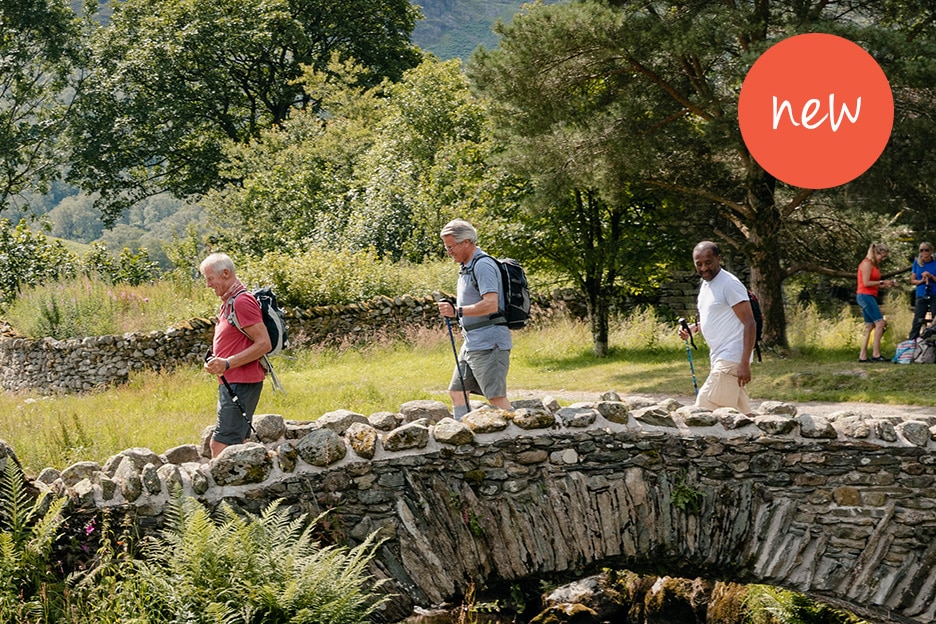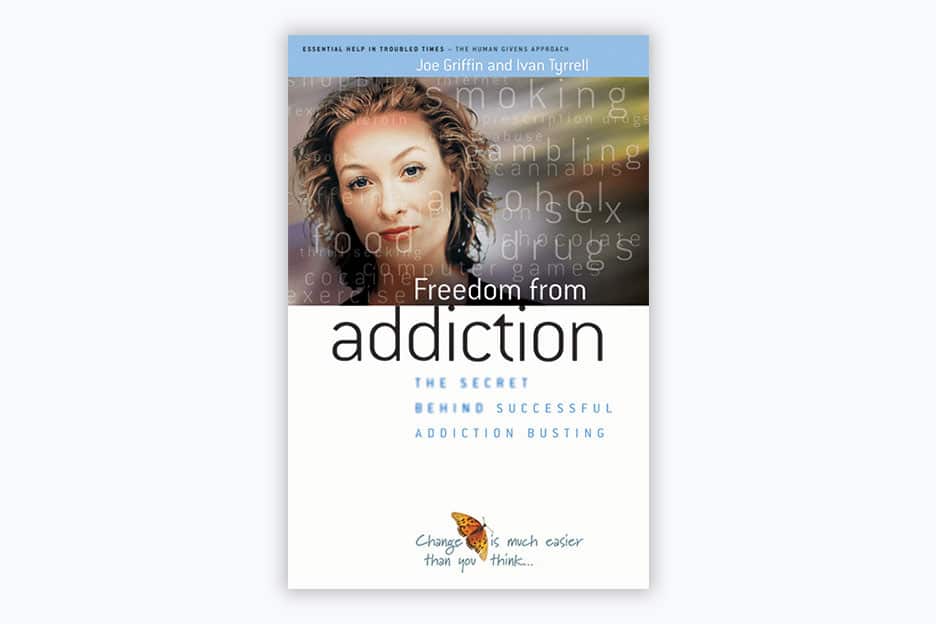Why having a healthy mind AND body matters
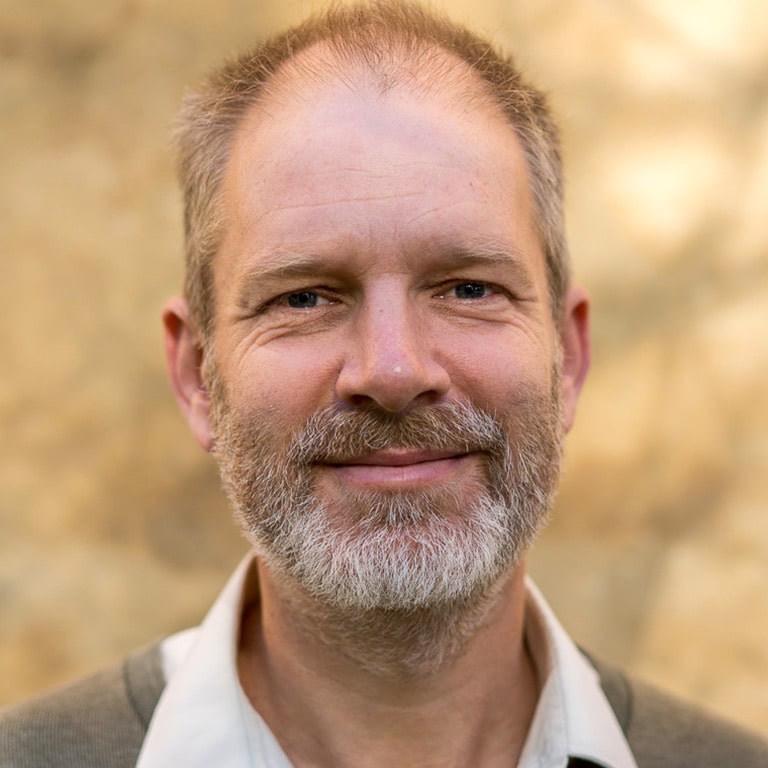
Dr Andrew Morrice
– with expert Dr Andrew Morrice
Dr Morrice has been a GP in Somerset for over twenty years and has held a life-long interest in nutrition. He is an HG practitioner and tutor, teaching the two The Mind-Body Connection one-day workshops. In the podcast we recently recorded with him, he explains why, when it comes to looking after our health, a holistic approach – with common-sense, clarity and context – is key …
The idea we hold in the West, Dr Morrice points out, that the mind is separate from the body, and that mental health is somehow discreet from physical health, may be a convenient way of simplifying a situation – but it is fundamentally unhelpful. The “mind-body connection” is not a new discovery – but rather an awareness, and an acknowledgement, of reality; we are incarnate beings, integrated wholes, after all. The intrinsic connections between our minds and our bodies are demonstrated constantly, through our emotions, for example – like the fight-or-flight response. Dr Morrice also witnesses them daily in his work as a GP – “there is always an emotional component to an illness,” he says, “regardless of whether it’s arising primarily in the thinking and imagination or whether it’s originating most powerfully in the body.”
Avoiding black and white thinking is the general important thing in health … We need to get away from this “it’s good for me” - “it’s bad for me” total dichotomy – things are better and worse, things are more or less balanced ...
Cultures have defined “health” differently over the years. In the second half of the twentieth century, there was a tendency to see health as the abolition or absence of disease. The World Health Organisation’s definition of health as a complete absence of disease suggested a further level of perfection. But more recently, Dr Morrice says, a less absolute model of health has been emerging – with professionals considering “health” as an optimal state in which an individual, or organism, is best able to manage itself, balance itself internally and to adapt to its circumstances, enabling it to grow, develop and cope with challenges. We are no longer aiming for perfection, he says, but acknowledging that the human organism is in a constant state of flux, trading off and balancing multiple demands, and that it is still possible to attain “health” within the parameters of each life.
As with any living organism, if we are to understand how it can reach its optimal state, we need to clearly understand what it needs to survive and thrive. We hear a lot in the media, Dr Morrice says, about “what it means to be human” and about how important it is to get our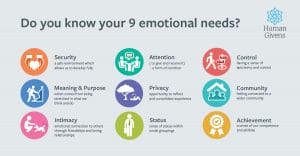 “needs met”. But rarely does anyone provide a comprehensive model for what they mean when they say this; clarity about what these “needs” are is missing. And that is one of the ways in which he has found the HG approach to be so helpful. Its holistic, bio-psycho-social approach examines what a human being is; it provides a clear list of emotional, social and physical needs, and it demonstrates the innate resources an individual needs to develop and deploy in order to get those needs met, healthily and in balance.
“needs met”. But rarely does anyone provide a comprehensive model for what they mean when they say this; clarity about what these “needs” are is missing. And that is one of the ways in which he has found the HG approach to be so helpful. Its holistic, bio-psycho-social approach examines what a human being is; it provides a clear list of emotional, social and physical needs, and it demonstrates the innate resources an individual needs to develop and deploy in order to get those needs met, healthily and in balance.
The HG approach also helps us to take a common-sense approach to health, Dr Morrice says, steering us away from black and white emotional thinking and unhelpful labels, encouraging us to question some inbuilt 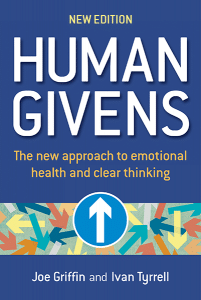 assumptions, and providing practical strategies to help people move forward and thrive. It acknowledges the importance of context, of an individual’s environment, and draws upon evolutionary history to shed light on struggles and challenges. Also central to the HG approach is psychoeducation – sharing knowledge of how the brain and emotions work – and this can be both calming and empowering for patients, Dr Morrice says. It can help to absolve them of guilt and show them where they can take responsibility and what they do and do not have the power to control or change.
assumptions, and providing practical strategies to help people move forward and thrive. It acknowledges the importance of context, of an individual’s environment, and draws upon evolutionary history to shed light on struggles and challenges. Also central to the HG approach is psychoeducation – sharing knowledge of how the brain and emotions work – and this can be both calming and empowering for patients, Dr Morrice says. It can help to absolve them of guilt and show them where they can take responsibility and what they do and do not have the power to control or change.
Once people understand, you can help them to put things back into their original configuration so that their resources are being activated in the way that evolution originally expected them to be rather than in artificial and problematic ways.
Dr Morrice remembers one patient, for example, who had become addicted to cannabis when he was no longer able to go to the gym. He explained to the patient that exercise induces the very light production in the body of endocannabinoids, and that this had created an expectation that the body was expecting to be met. Our bodies only respond to drugs because they recognise them and produce them in natural conditions, he says, and artificial drugs can create a false pattern-match. This rational explanation helped the patient to “unpack” his addictions and begin to move forward.
We asked Dr Morrice to share his top tips to help activate a healthy mind and body. He highlighted “the three Es” – exercise, eating and emotional needs – which are each explained here …
Move around a lot – preferably having fun or doing something meaningful with other people.
We know the official advice, when it comes to exercise, is that twenty to thirty minutes of moderate exercise a day, five or more days a week, will have a significant beneficial effect on health and wellbeing. But Dr 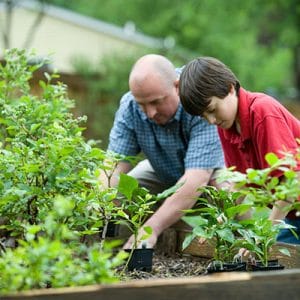 Morrice encourages us to remember that there are different types of exercise – we have all sorts of “modes,” he says, and the body likes for the different resources to be activated. Drawing again upon our evolutionary history, he points out that we developed to engage in a broad range of exercise – from gathering food and firewood, to climbing and ritual dance, with running and hunting falling at the extreme end of the spectrum.
Morrice encourages us to remember that there are different types of exercise – we have all sorts of “modes,” he says, and the body likes for the different resources to be activated. Drawing again upon our evolutionary history, he points out that we developed to engage in a broad range of exercise – from gathering food and firewood, to climbing and ritual dance, with running and hunting falling at the extreme end of the spectrum.
Getting started and maintaining our discipline to exercise can of course be challenging; we have a natural instinct to conserve energy, Dr Morrice says, and changing our habits can be challenging and takes time. Above all, he advises, remember that exercise is likely to be most beneficial and sustainable when it is helping us to meet a range of our needs in healthy ways, including for example, our needs for connection, for meaning and purpose and for belonging to a wider community. But we will each have our own context; for some, solo running might fulfil an otherwise unmet need for privacy, providing vital time to reflect, and some people will find intense exercise paradoxically relaxing as the high level of focus required induces a trance state and this can be a pleasant and productive place to be.
Eat more plants, more variety and more of them, with less processing …
Multiple studies show that populations with a diet consisting mainly of unprocessed, whole plant foods of various kinds tend to live longer, healthier lives. Drawing upon our evolutionary history again, Dr Morrice points out that hunter-gatherer diets would have been based on a foundational layer or tubers, seeds and other relatively starchy foods.  There would then have been bonanzas of honey or meat – high calorie, high salt, high sugar foods – which people would have feasted upon for the short time they were available. We evolved to deal with scarcity and hardship, but we have now engineered the world so that often this high calorie, salt or sugar content food is abundantly available. In resisting it, we are having to work against our evolutionary history and instinct.
There would then have been bonanzas of honey or meat – high calorie, high salt, high sugar foods – which people would have feasted upon for the short time they were available. We evolved to deal with scarcity and hardship, but we have now engineered the world so that often this high calorie, salt or sugar content food is abundantly available. In resisting it, we are having to work against our evolutionary history and instinct.
The connection between our diets and our emotions is also well documented and Dr Morrice points to one study, for instance, that demonstrates how the food eaten one day impacts the “next day mood” of teens. Although we do not yet fully understand why certain foods have a comforting effect, he says, there appears to be evidence that a diet high in quick-release carbohydrates results in a rebound slump, an “emotional hangover” the following day.
We also need to examine, Dr Morrice urges, how category-based diets have become part of our identities and what impact this has on us and our ability to change if change is needed. Labels such as veganism, high-protein diet, vegetarianism, low-carb diet are a cultural phenomenon – they are not based in nature and in some cases they can be harmful. A label can become intrinsic to a person’s identity, Dr Morrice says, but if the diet, whatever it may be, is having a detrimental effect on an individual’s health, they may struggle to change because it is so strongly connected to who they are that they feel a sense of threat at the idea of changing. “If you are what you eat and you change what you eat, then who are you?” he asks.
Once again, an approach which involves psychoeducation, an understanding of context and a move away of black and white emotional thinking is key in helping people to move forward.
Meet your emotional needs in balance.
It is also essential that people are able to meet their emotional needs healthily, in balance – and this is Dr Morrice’s third “E”. Drawing upon therapeutic techniques, he says that to help someone you need to find out what their context is, information-gathering to understand what they have already tried and how that has worked for them, as well as to identify which emotional needs are not being met and what skills or information need to be developed. Exploring a patient’s meaning and purpose is key – what is motivating them and what do they want to achieve? It is then possible to help them to set positive, achievable, needs-based goals, for example, “I want to feel lighter, healthier and stronger … I want to have more productive years ahead of me … I want to be able to play football with my grandchildren.”
Thinking broadly about “the three Es” offers a lot of scope to live a healthier life in endlessly interesting and individual ways, Dr Morrice says, and of course, when it comes to health, everything is relative, not absolute.
Further help and information
- Find out more about Dr Morrice’s live online workshops on The Mind-Body Connection
- Read more about Dr Morrice’s training for GPs, where he shares the HG approach and how it can be applied to help individuals to improve their health and move forward with their lives.
- Ten Minute Therapy – in this article from the HGI archive, GP Adam Lake describes how he makes effective use of HG understandings and techniques in consultations for mental health conditions.
- You may also be interested in Episode 19 of the Ask the Expert podcast series – Obesity – How to restore the person behind it, with Fiona Sheldon.
Listen to the Podcast
Why having a healthy mind and body matters
– featuring Dr Andrew Morrice. As well as being an HG practitioner, Andrew is a GP in Somerset were he has been a partner in a busy medical practice since 2000. Andrew has had a lifelong interest in nutrition and he developed, and tutors, the mind-body connection course for human givens college.
‘Ask The Expert’ podcast series
Listen to the full series and more on your favourite podcast player! Available on Apple Podcasts, Spotify and Soundcloud.
